Now it’s so easy to use music legally in podcasts
Share this article:
Back in June 2005 I wrote about using music legally in podcasts. That page has become one of the most visited pages on this site, so I thought an update was long overdue.
At the time I wrote that first post, it was difficult and probably near impossible to use music in podcasts without breaking the law. Many early podcasters were playing copyrighted music without permission. One of these early podcasters (who may lay claim to having invented podcasting) Adam Curry, received a ‘cease and desist’ letter and promptly stopped playing music other than that which he had permission to play.
For many podcasters at that time, the only way to do this was by searching for music from independent artists who had no recording contract and were able to give permission for their music to be used. Artists like Hollow Horse, Chance, Three Blind Mice and Brother Love became widely used.
Alternatives were inevitably going to be needed.
Then along came the podsafe music network. It wasn’t the first (labels like Magnatunes were already making mp3 files available) – but they did provide a real leap forward. Established by Adam Curry, the Podsafe Music Network has grown massively since it was set up last year. Alongside a podcaster delivery system, it provides an easy way to find music that can be played legally on a podcast. And there is some excellent music on the network – including some big artists who have put a few tracks on there like James Brown (RIP) and Tom Waits.
Innovations like this have led to an increasing explosion in podcasting. There are heaps of new podcasters appearing daily on the internet, and the medium is being used by an increasingly diverse range of people for an incredibly wide ranging set of uses. In the coming weeks I am going to run a series of posts where I write about the podcasts which I regularly listen to (such delights as Adam Curry’s Daily Source Code, Lynn Parsons, Dark Compass, PodcastPaul, the Zencast, Shrink Rap Radio, Ultima Thule, Echoes, Typecast, Steve Pavlina).
